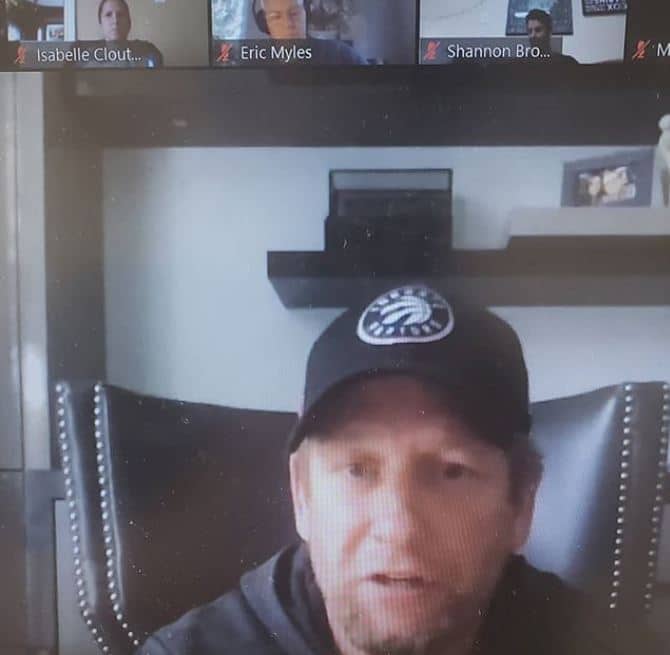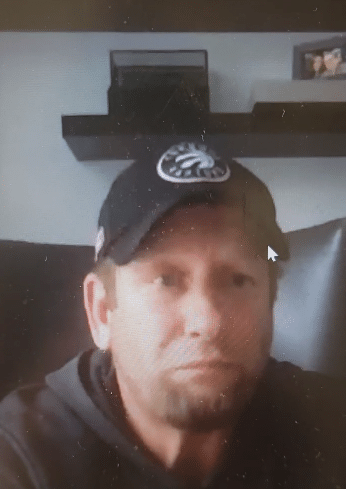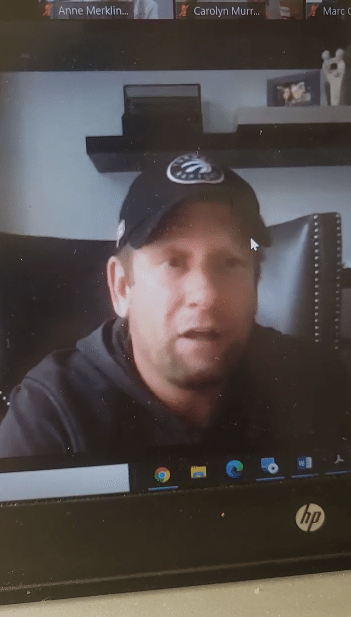
It all started in the beginning of 2020 when I landed an incredible opportunity with The Coaching Association of Canada (CAC) and jurisdictional partners: Canadian Sport Centre Atlantic (CSCA), Canadian Sport Centre Saskatchewan (CSCS), Canadian Sport Institute Calgary (CSIC), and Canadian Sport Institute Ontario (CSIO).
I was to plan and co-facilitate a Strategic Planning Meeting with each jurisdiction – a cross country mini-tour holding important discussions that I was passionate about!

COVID -19
Then COVID-19 hit and flights were…cancelled! To say that I was heartbroken is an understatement.
I was crushed.
After the initial cancellation of flights, meetings, what seemed like the world, folks tuned into the alternate option of ZOOM – and the sessions were back! I was invited to hold half-day virtual Safe Sport discussions with invited coaches from each jurisdiction! My spirits were further lifted when these discussions led up to the National Safe Sport Summit on September 22, 2020.
Enter Nick Nurse…
As a small treat to the almost 200 coaches from across the country who attended, there was a special address by Nick Nurse. Yes, the Nick Nurse! You may know Nick Nurse as the Head Coach of the Toronto Raptors, whose incredible run in the 2019 NBA Postseason culminated in his team winning their first ever NBA Championship. Beyond trophies, Nick is known for an entrepreneurial coaching style and as a leader with an innovative eye towards problem solving.
Apart from the wonderful sporting spectacle and achievement, the Raptor’s 2019 season also holds very important strategic-leadership lessons for business professionals.
Soft Skills vs Hard Skills
In his speech, Nick spoke about 15% of his job being technical or tactical. He attributed the other 85% to Leadership, Communication, Psychology, and Human Performance. For example, when asked how Nick responded to balancing talking about Black Lives Matter (BLM) and the possible distraction this talking could be for being ready for the game, Nick responded that the best way to this was through empathic listening and simply being there for the players. Cultivating space for players to feel heard can seem like a passive act, however, listening is a full-time job when you consider the uncertainty embedded in the workplace and the on-going changes taking place. Leaders who listen are able to create trustworthy relationships that are transparent and breed loyalty.
As a management expert and a human resource professional, this of course aligned exactly with research conducted by Harvard University, the Carnegie Foundation and Stanford Research Center, which concluded that 85% of job success comes from having well‐developed soft and people skills, and only 15% of job success comes from technical skills and knowledge (hard skills).
This is not news! In fact, we have known since 1918 (not a typo) that soft skills are critical to the success of any organization. So why is it that in another study by the American Society for Training and Development (ASTD) The State of the Industry Report (Green and McGill, 2011), employers spent more than $171.5 billion on employee learning and development in 2010, and only 27.6% of those training dollars went to soft skills training?
Take Away
Organizations need to ask the question, especially as it relates to those in leadership: if soft skills are six times more important than hard skills for job success, why is almost ¾ of all the training dollars going to hard skills?
